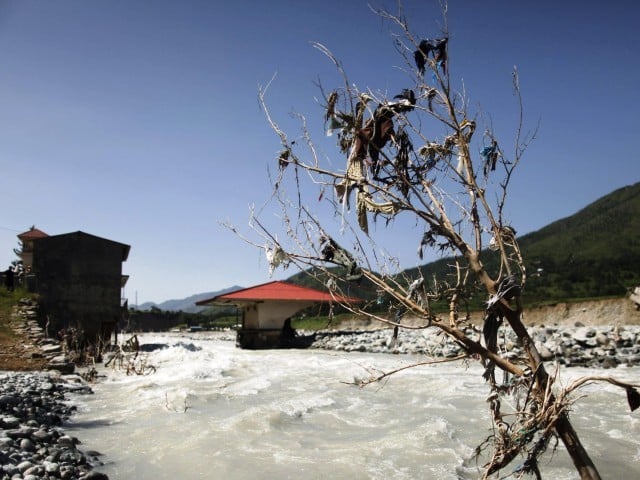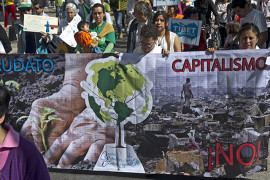
ISLAMABAD: Environmental experts, government officials have stressed the need for implementing climate change policy to minimise disasters. They also called for providing training to communities in disaster risk reduction, emergency response and improvement in income levels of vulnerable groups.
Addressing a seminar on climate change organised by Focus Humanitarian Assistance Pakistan at a local hotel on Thursday, they said the frequency and intensity of disasters had increased manifolds making mountain communities vulnerable.
Recurrent floods owing to the increase in rain or glacial lake outburst flood (GLOF) in the upper Indus basin have impacted the vulnerable communities in terms of losses to human lives, erosion of arable land and infrastructure pushing them below the poverty line.
“Climate change is considered to be one of the biggest development challenges as the world is facing food insecurity due to water scarcity with depletion of natural resources,” World Meteorological Organisation’s Vice-President Dr Qamaruz Zaman Choudhry said.
He emphasised on focusing on climate change adaptation and mitigation particularly in the mountain region, most vulnerable to climate change.
Focus Executive Officer Nusrat Nasab said Pakistan was among the top ten vulnerable countries, exposed to disasters due to lack of collective efforts.
She urged that climate smart solutions be introduced in securing sustainable development by reducing poverty and strengthening hazard resilience-led community initiatives.
The Aga Khan Foundation (AKF) Rural Development Director Irshad Abbasi emphasized the government’s role in minimising the impact of calamities at national, regional and local levels.
He said that while China-Pakistan Economic Corridor (CPEC) offers opportunities for Gilgit-Baltistan, it also poses threats to local culture, environment and infrastructure.
Abbasi said the many fruit trees including apricots were not getting required heights due to climate change impacts.
Essa Khan, a community volunteer from Broghil Valley in Chitral said that glaciers were melting quickly, causing land erosion and reducing cattle raring.
Muhammad Faqir, another community volunteer from Gojal in upper Hunza, said that owing to global warming growth rate of crops and trees has increased significantly in G-B.
Climate change ministry’s former head of Clean Development Mechanism (CDM) project Syed Amjad Hussain emphasised the need for tapping global resources. He said that Pakistan was eligible to benefit from the CDM fund and National Appropriate Mitigation Actions (NAMAs) to access the international resources to offset climate change impacts and resources for interventions in hydropower and green sector for GB and Chitral.
Published in The Express Tribune, December 4th, 2015.























































COMMENTS
Comments are moderated and generally will be posted if they are on-topic and not abusive.
For more information, please see our Comments FAQ